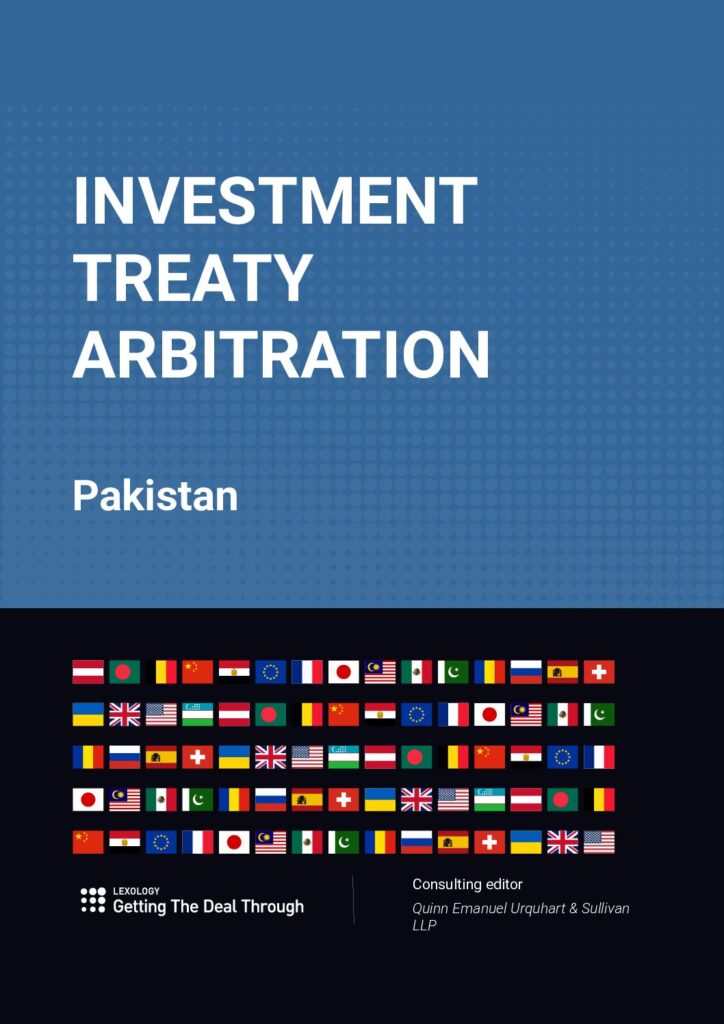On 16 June 2022, the President of Pakistan was reported to have approved the instrument of accession to the 1961 Hague Convention Abolishing the Requirement of Legalisation for Foreign Public Documents (the Apostille Convention). Pakistan is now all set to deposit its instrument of accession to the Hague Conference on Private International Law (HCCH) and begin reform of its document authentication process in line with international practices.
Background, simplified legalisation procedure and its benefits
Legalisation is when a document issued in one country (originating country) is rendered suitable for use in another country (receiving country). In the case of public documents issued by authorities in Pakistan, the current regime for legalisation consists of at least two steps: (1) the document is verified by the Ministry of Foreign Affairs of Pakistan, after which such document is affixed with a sticker/stamp signifying that the official authority in Pakistan has duly issued it and (2) such document is thereafter legalised by the Embassy or Consulate of the foreign country in Pakistan by affixing a sticker/stamp. The reverse of this process is required to be undertaken where a public document issued by an authority of a foreign country is required to be made suitable for use in Pakistan.
Accession to the Apostille Convention will bring Pakistan one step closer to replacing the current, relatively cumbersome requirements with a simplified, one-step process whereby a document will be recognised as being duly legalised in the receiving country if it is affixed with an apostille by a designated authority of the originating country. In the example used above, a public document issued by an authority in Pakistan will be suitable for use in a foreign country which is a party to the Apostille Convention if such document is affixed with an apostille by the designated authority in Pakistan. Similarly, a public document issued by an authority in a foreign country which is a party to the Apostille Convention will be suitable for use in Pakistan if such document is affixed with an apostille by the designated authority in that foreign country. An apostille is a form of authentication certificate. A total of 122 countries are party to the Apostille Convention at present.
The Apostille Convention allows for reduced administrative formalities for individuals and businesses that need to produce public documents abroad during their cross-border movements and activities. The process under the Apostille Convention minimizes red tape, costs and delays, facilitating foreign investment and international trade. At the same time, the Apostille Convention maintains the integrity of the authentication. The Apostille Convention is the most widely used Hague Convention, and millions of Apostilles are issued annually worldwide.
Salient features of the Apostille Convention
a. Public documents
The Apostille Convention applies only to “public documents”. Article 1 of the Apostille Convention provides a non-exhaustive definition of public documents, and the law of the originating country also determines the scope of this term. Such documents may typically relate to birth, marriage, death, education, certificates issued by regulatory authorities, intellectual property registration certificates, judicial documents, official certificates which are placed on documents signed by persons in their private capacity (e.g. company resolutions, powers of attorney) and other notarial authentications of signatures etc.
b. Competent authority
Each country that is a party to the Apostille Convention must designate one or more authorities which may issue an apostille. Before affixing the apostille, such authority is required to satisfy itself of the signature’s authenticity, the capacity in which the person signing the document has acted and, where appropriate, the identity of the seal or stamp it bears. It is also required to maintain a record of the apostilles issued by it, which can be verified upon request.
c. Electronic record and issuance
The Apostille Convention provides a register or card index of apostilles issued in the originating country to allow for verification by the receiving country. This register may also be in the form of an e-register, allowing the receiving country to verify an apostille online without contacting the competent authority of the originating country. Around 49 countries have set up an e-register to verify Apostilles issued by them. In addition, some of these countries have also implemented the electronic apostille program (e-App) under the Apostille Convention, which enables apostilles to be issued electronically.
Next steps for Pakistan
For the Apostille Convention to take effect on the legal landscape in Pakistan, Pakistan will be required to introduce new legislation and amend its existing legislation to revise provisions inconsistent with the Apostille Convention. Legislation requiring amendment includes the Qanun-e-Shahadat Order 1984 and Notaries Ordinance 1961. In addition, new legislation may be required to establish or designate one or more competent authorities for the purposes of the Apostille Convention. According to reports, the Ministry of Foreign Affairs shall be designated as a competent authority under the Apostille Convention. If Pakistan chooses to do so, new legislation will also be required to implement the e-Register and the e-APP program under the Apostille Convention.
Note: This article does not provide legal advice, and no legal or business decision should be based on its content. It is intended to provide information of general interest about current legal issues.
